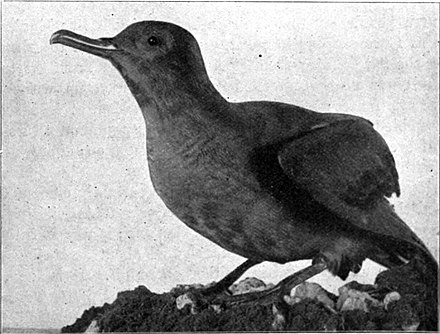perhaps the greatest charm of the veldt. It was Porter’s Pass, and was like the road to Rosmead continued for thirty miles, and climbing gradually ever higher and higher. A few minutes after we reached the highest point we came upon a really fine view. Miles below lay the valley, with clustering hills piled one upon the other like a heap of mammoth russet apples, and between them glints and gleams of silver where the sun shone on the water flowing through them to the gorge below.
We paused only for five minutes while the horses recovered their wind after their long, though slow and gradual climb; then at a rattling pace and with both brakes hard on we were off down the descent, the road winding round and round, in and out, with a sheer drop of hundreds of feet on one side and a wall of rocky hill on the other.
It was rather a breathless journey, though exhilarating. At the bottom we crossed a stream, climbed a slight incline, and came out on the Springfield plains, twelve miles from the town,—and still in African country, though with a difference. For now we might have been driving from Bloemfontein to Thaba ’N’Chu; we were on the veldt with the kopjes around us, with here and there a small farm, and in the distance the flat, tin-roofed town with its few evergreens to make it an oasis in the desert.
And after luncheon at the hotel, we caught the Christchurch train. Our coaching in Westland was over; we had thoroughly enjoyed it, and had certainly greatly benefited by it in health, in spite of our drenchings, but a week of “roughing it” makes one realise and truly appreciate the blessings of civilization and a good hotel, and we looked forward to many joys at the other end of the three hours’ train-journey.

